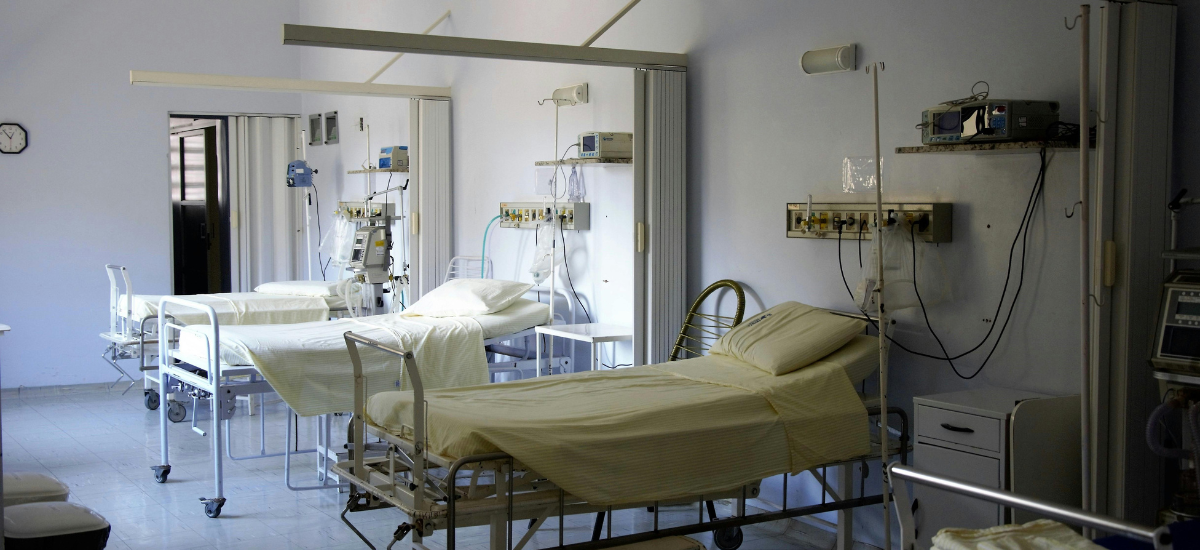A new study suggests Artificial Intelligence (AI) could be helpful in identifying Healthcare-Associated Infections (HAIs).
For hospitalized patients, the risk of healthcare goes beyond surviving a disease or complicated surgery. HAIs are endemic to healthcare settings and can result in serious complications and set-backs for patients struggling to regain their health. The Centers for Disease Control and Prevention (CDC) currently estimates that on any particular day in the US, one in 31 hospitalized patients has at least one HAI, which can be viral, bacterial, or fungal.
In acute care hospitals, common HAIs include:
- Clostridoides difficile (C. diff): Common in hospital settings or among those receiving antibiotic treatment, C. diff results in inflammation of the colon. C. diff often recurs and is dangerous.
- Methicillin-resistant Staphylococcus aureus (MRSA): Also common, MRSA is especially dangerous because it is a bacterial infection that has grown resistant to antibiotics and the drugs used to treat it.
- Surgical-site infections (SSI): About a fifth of HAI infections are related to surgical sites.
- Central line-associated bloodstream infections CLABSI): Central lines are common in hospital settings and used to provide medication and take labs. Unfortunately, central lines as an access point can contribute to serious bloodstream infections.
- Catheter-associated urinary tract infection (CAUTI): For some patients, long-term use of a urinary catheter is necessary. Like central line infections, urinary catheters can lead to infection.
While the statistical incidence of resistant infections has declined according to the latest overall numbers from the CDC, the acuity of these infections remains severe. Symptoms of an HAI may be missed by healthcare providers. A recent study in the American Journal of Infection Control (AJIC) offers a proof-of-concept using AI to identify HAIs through case studies.
In the study, researchers used two large language modeling (LLM) tools to evaluate six case studies. One tool was built on CHATGPT Plus and the other on Mixtral 8x7B, an open-source model. Researchers presented the tools with six fictional patient narratives which required the tool to identify if the patient was suffering CAUTI or CLABSI.
Perhaps not surprisingly, both tools correctly identified the HAIs in all cases. Importantly, the exercise identified information the tools needed to evaluate a scenario—for example, one tool could not respond to the scenario until the catheter insertion date was provided. In real-time, inadequate patient documentation can lead to medical error and misdiagnosis.
Noted lead author Dr. Timothy Wiemken, “With the rapid evolution of the role of AI in medicine, our proof-of-concept study validates the need for continued development of AI tools with real-world patient data to support infection preventionists.”
Prevention of HAIs is critical to patients whose health is already compromised. If you or a loved one is injured through misdiagnosis or medical mistake, speak with our legal team.
Dedicated legal service to patients injured through medical malpractice
Schochor, Staton, Goldberg and Cardea, P.A. has a reputation for legal care of patients and families injured through medical mistake. If you suffer serious injury due to a delay in treatment, diagnosis or medical negligence in Maryland or Washington, DC, contact us or call 410-234-1000 to schedule a free consultation today.

